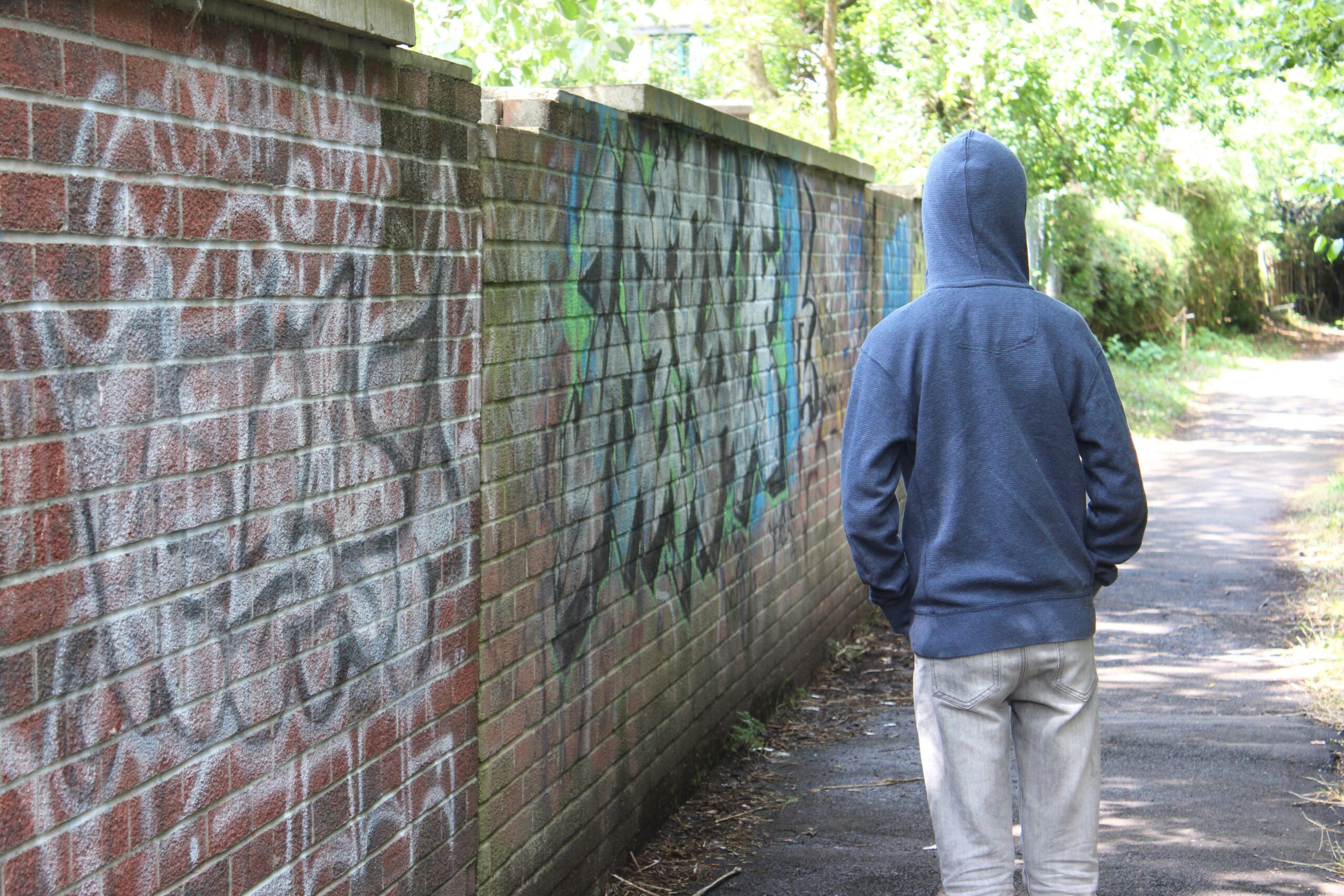By Adrian H. Huerta
For more than three years, USC, Long Beach City College (LBCC) and Centro CHA, a Long Beach-based nonprofit, partnered in the LBCC Phoenix Scholars (LBCCPS), a program designed to support the educational pathways of nearly 150 former gang members and gang-impacted students in earning certificates, college degrees or credentials. I'm proud to share that in May 2024, LBCCPS graduated 15 students with associate degrees, and all those students transferred to four-year institutions across California.
The significance of celebrating these 15 students who earned their degrees within three years is a significant milestone, considering that the average California community college student requires close to eight years. For these students and others still involved in the LBCCPS program, their educational success is not simply an individual benefit. More broadly, their graduation and persistence in college will have broader positive impacts on society with decreased long-term dependence on social welfare systems, reducing potential involvement with the criminal legal system and promoting the power of educational credentials to their social circles. In this brief essay, I provide wisdom and recommendations to scholars investing in research-to-practice partnerships.
As a faculty member, the opportunity to partner with a local community college and co-design an intervention for a student population I had studied for about 10 years was an incredible and fulfilling professional experience. From 2021-2024, LBCC’s Sonia De La Torre, the Dean of Student Equity, and Jose Ibarra, the LBCCPS program director, and I met regularly to discuss students' needs, anticipate challenges they might face, and reinforce the support pathways available to help them succeed each semester.
My recommendation for junior scholars and seasoned faculty members invested in research-practice partnerships is to lean into the expertise of everyone involved. My expertise included knowledge about the empirical literature about gangs, minoritized student populations, best practices for persistence and retention in higher education, and how to support students in developing help-seeking behaviors. In contrast, Sonia De La Torre knew her institution and was aware of local, state and federal guidelines for grants and key campus programming that could be leveraged to make sure that students had their basic needs supported so they could focus on their educational success. Lastly, Jose Ibarra understood how to work with students, especially those impacted by gangs. He was empathetic and supportive of the students to ensure they were successful, and his vast network within nonprofits and local government enabled him to leverage various relationships in service to the students. I deeply respect my colleagues at LBCC for their individual and diverse expertise and investment in students, which allowed us to flourish, reverberating to student-level programming.
My second advice to junior scholars and faculty is to document the project’s achievements and project’s impact on the individual, but also the campus community. For example, earlier this year, we were interviewed about the LBCC Phoenix Scholars program by a reporter interested in learning about the program's inner workings. From LBCC President Mike Muñoz to multiple graduate student success coaches, we collectively highlighted the fantastic work of supporting this student population to the reporter. During the interview, I was truly touched when an LBCC colleague introduced me to one of the participant's mothers, inspired by her son to enroll in LBCC to earn her associates degree. I had never anticipated that this young man would inspire his mom to return to school, as I often thought about it in the inverse — an LBCCPS student inspiring their children to pursue education. In addition to the media exposure about the program's successes, we wrote a policy and practice paper for New Directions in Higher Education that provided a broad project overview.
One dimension of engaging in research-to-practice partnerships is the daily activities and documentation of the various lessons learned from such initiatives. Also, considering that I'm doing interdisciplinary work across criminology and education, I can leverage both fields to discuss with each other and elevate the fantastic work that higher education professionals do with system-impacted students in local community colleges. I'm grateful that three of my colleagues at LBCC co-authored that paper with me so we can showcase all the achievements across those three years.








